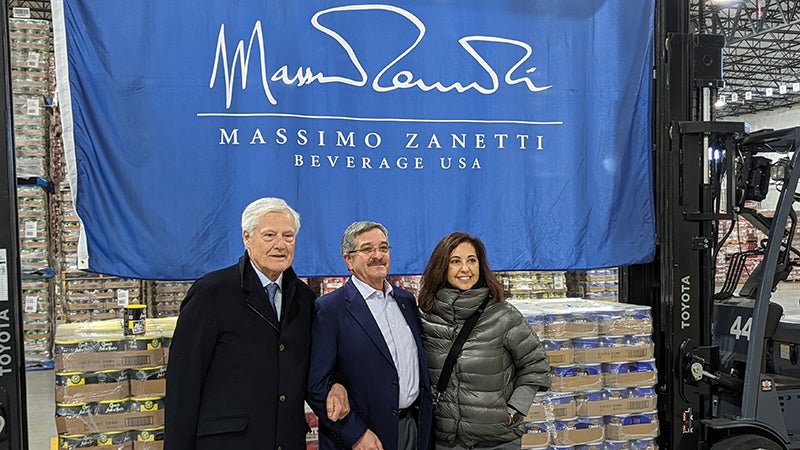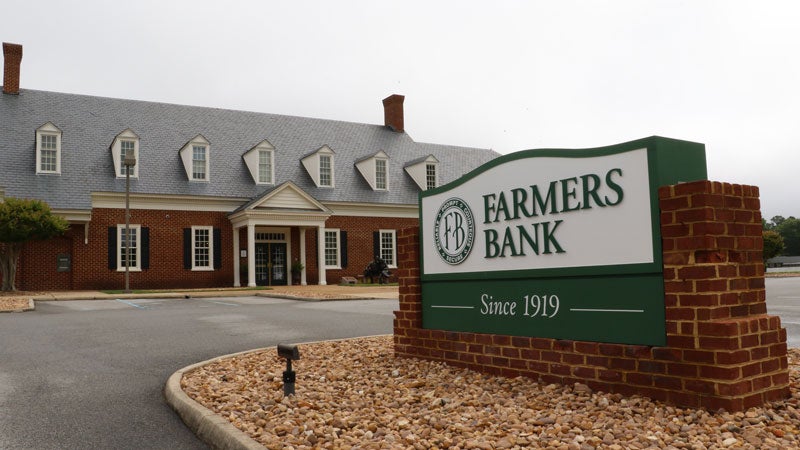Trump’s immigration plan and Wall Street
Published 10:13 pm Thursday, September 8, 2016
By Arie Korving
Donald Trump went to Mexico, met with Mexican President Enrique Peña Nieto and came back to Arizona to deliver a speech on immigration.
Despite media speculation to the contrary, the essence of the Trump plan for immigration reform has not changed dramatically from the time he first announced his candidacy.
The essence of the plan is to build a wall to stop the flow of illegal immigrants and increase border enforcement. This would be combined with steps to identify illegal immigrants already here and, beginning with criminals, to send them back to their home country.
Amnesty would be off the table for those who are here and want to stay, as opposed to returning home and gaining admission to this country legally.
Depending on where you are in the political spectrum, this is either a good plan that makes sense or impossible, expensive and misguided.
How does Wall Street view this? It all depends on whom you ask.
“It will harm the U.S. economy,” said Doug Holtz-Eakin, president of the American Action Forum and chief economic policy adviser to Sen. John McCain’s 2008 presidential campaign. “Immigration is an enormous source of economic vitality.”
If you view immigration as an enormous source of economic vitality, this may be persuasive.
For a different view we turn to Andy Puzder, the CEO of CKE Restaurants. He supports Trump because of his pro-job growth policies.
“He has a very pro-growth tax plan that would cause people to invest capital, would encourage companies to bring capital back to the United States,” Puzder has said. “He has a very pro-growth energy policy; we could be energy-independent by 2020 with his plan. He has a very, very good position on regulation; here’s a guy who built buildings in New York, he knows about regulation, he knows we need to reduce it, need to reduce it now; it’s restraining business growth …”
Patti Dom at CNBC says: “If the policies proposed by Trump and the Republicans were put in place, defense contractors, energy drillers, pipelines, food producers, gold miners, biotech, construction firms, regional banks and credit card companies could all be among the winners. Losers could be the big banks, hotels and leisure, and potentially the industrials and exporters that could be hurt if a Trump administration takes extreme action on trade agreements.”
I expect that hotels, restaurants, farming and food processing — industries that rely on low-cost foreign labor — may find that supply of labor becoming more scarce. It could lead to profit pressure in these industries. On the other hand, it could lead to more work for American citizens who are currently unemployed.
The personalities of the two leading presidential contenders overshadow issues that would take center stage during a regular election. The difference is that this is not a regular election. It is an election at a time when a significant majority of the American people believes we are headed in the wrong direction.
Outside of Washington, there’s the feeling that the people who have been running the country have been doing a poor job of it and ignoring the concerns of ordinary Americans.
For many people, immigration has less to do with Wall Street, profit and loss, and more to do with the state of the country and its culture.
Arie Korving is a financial advisor and the founding principal of Korving & Co. in Suffolk. Visit his website at www.korvingco.com.






